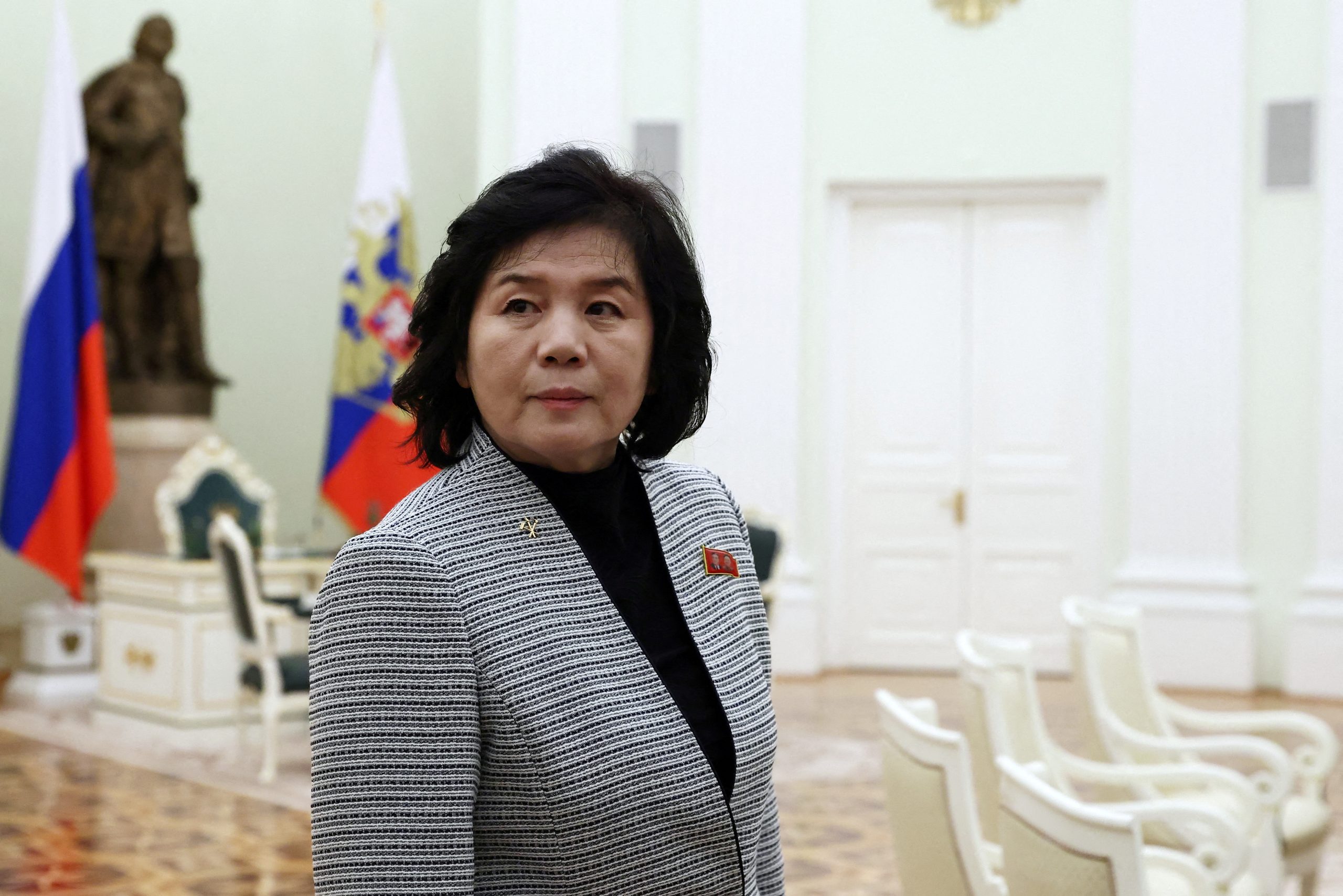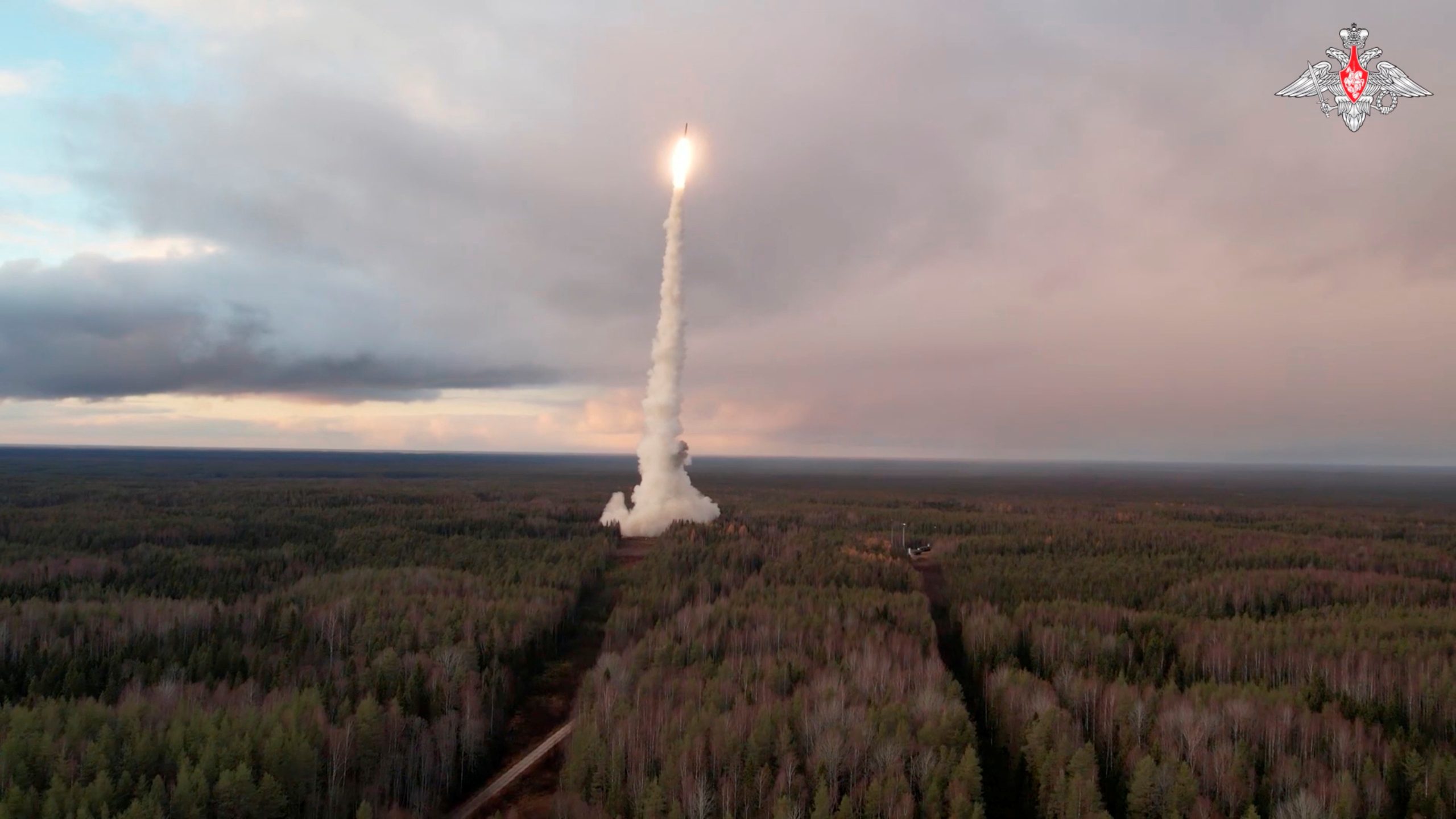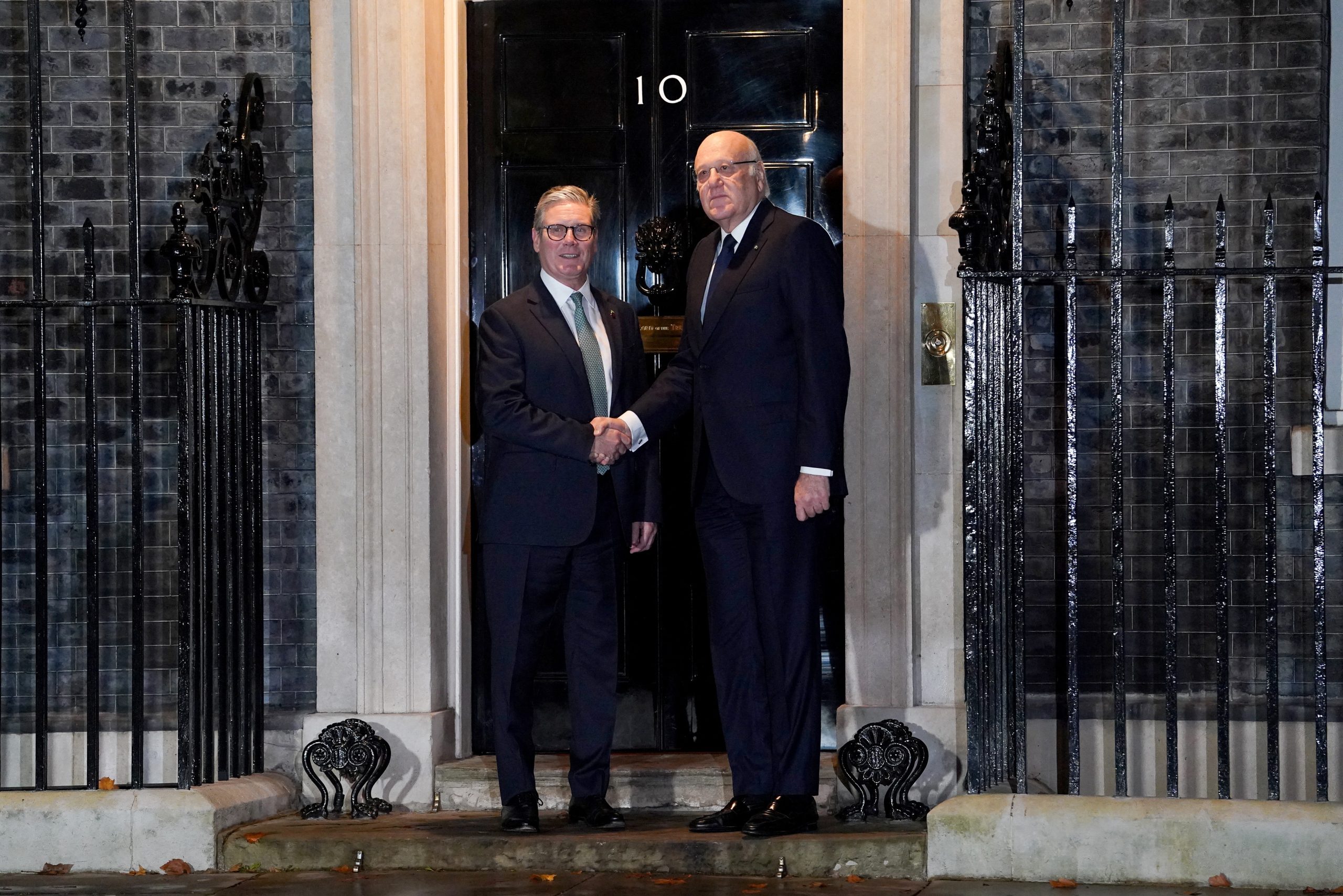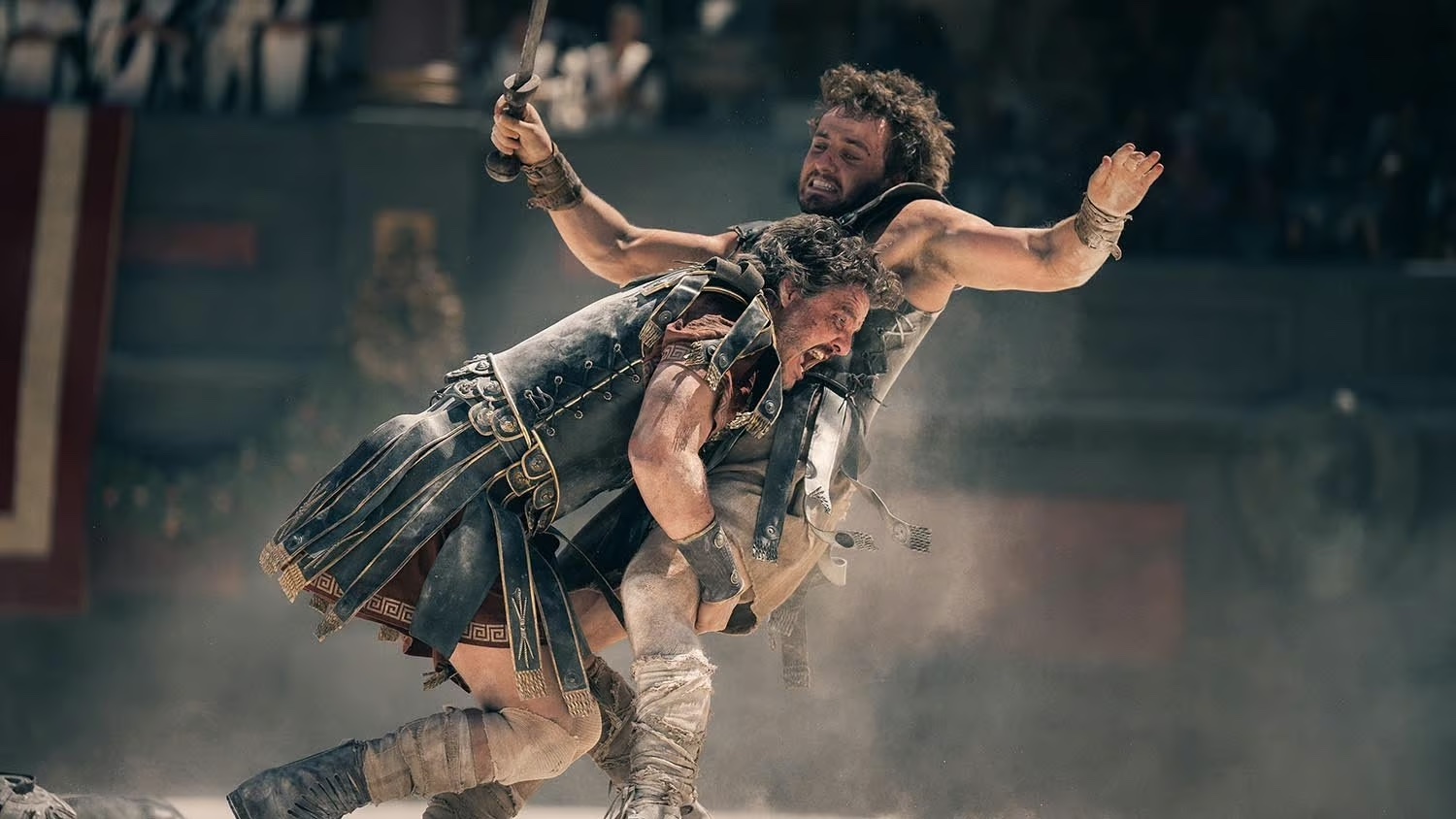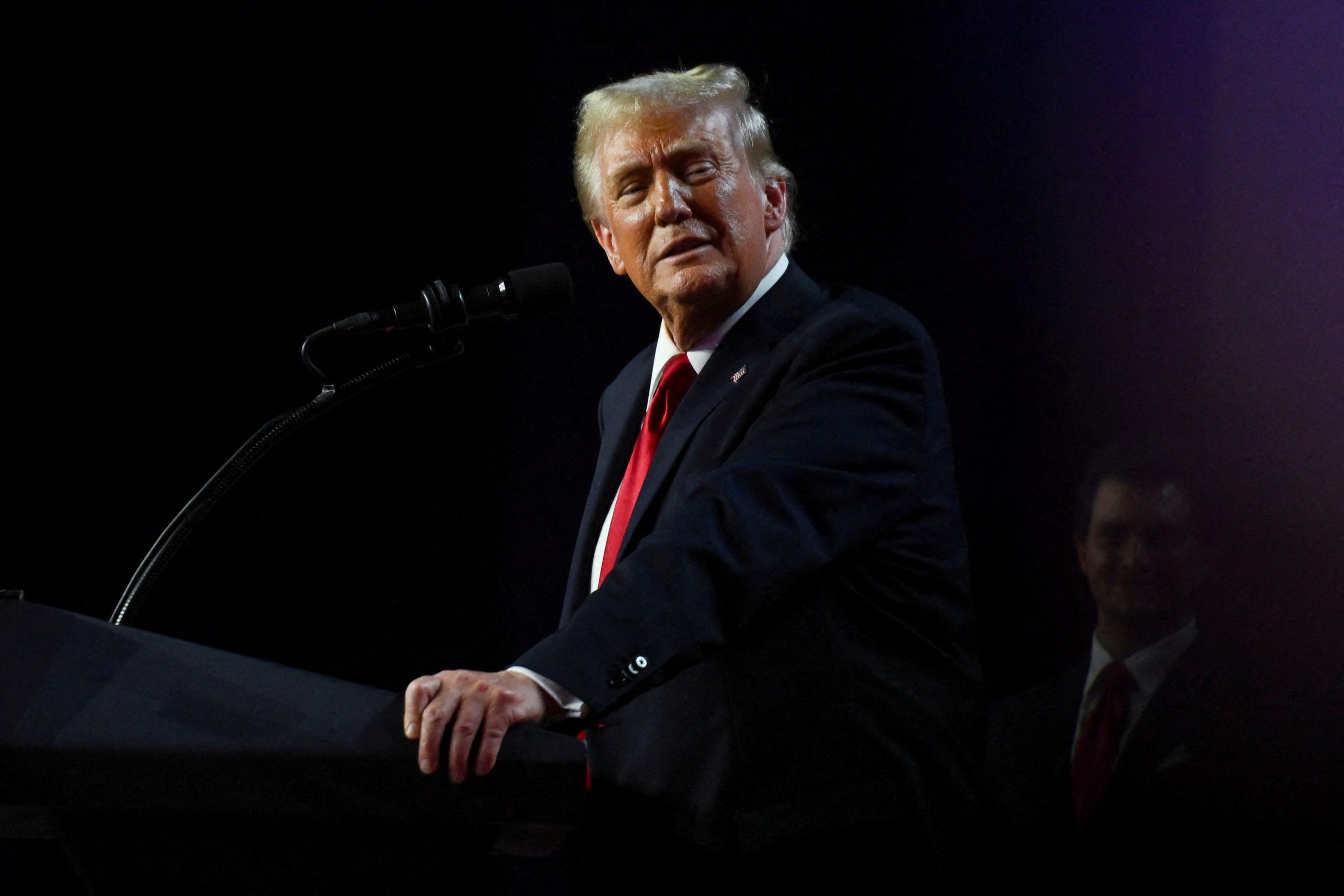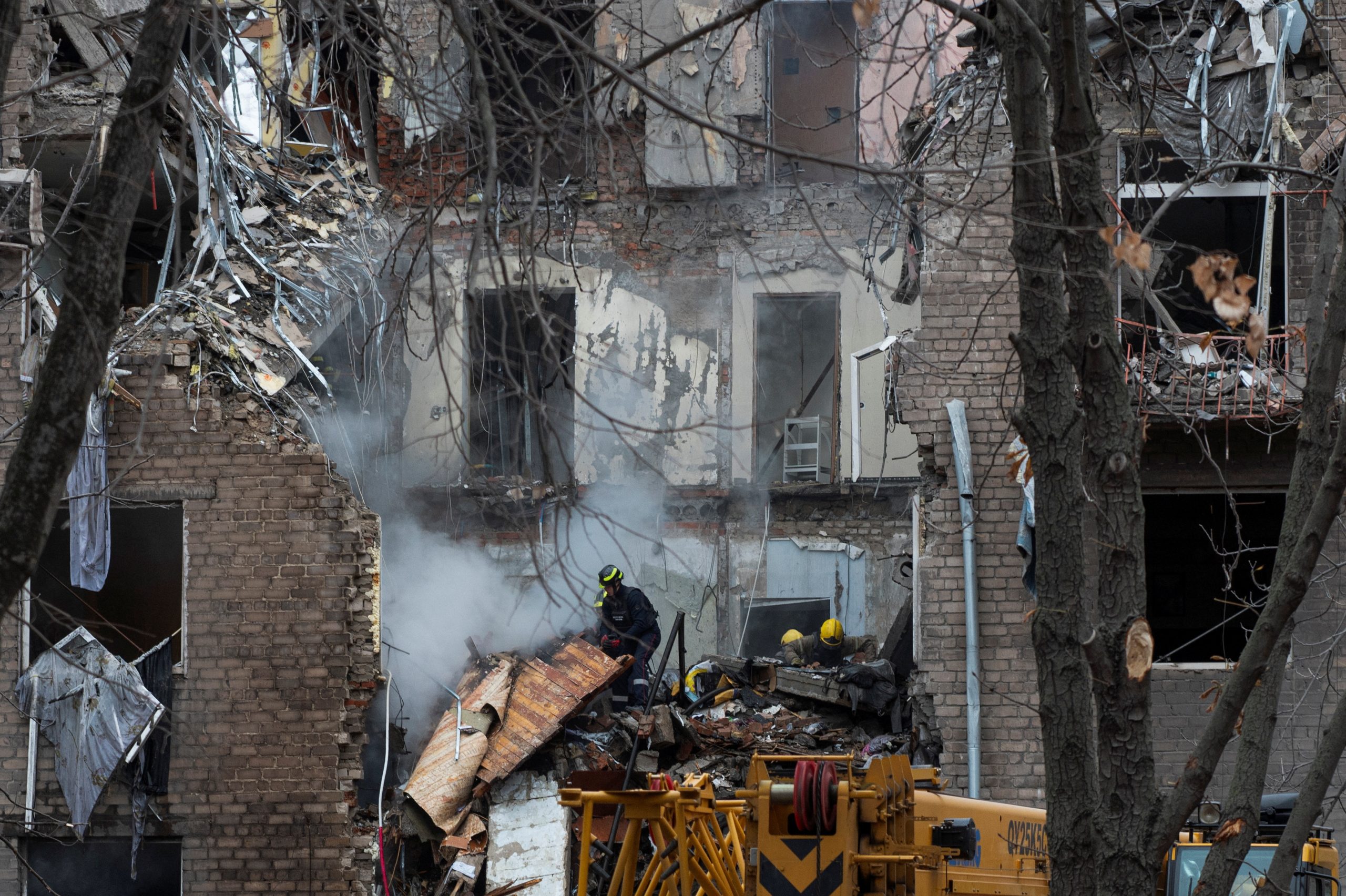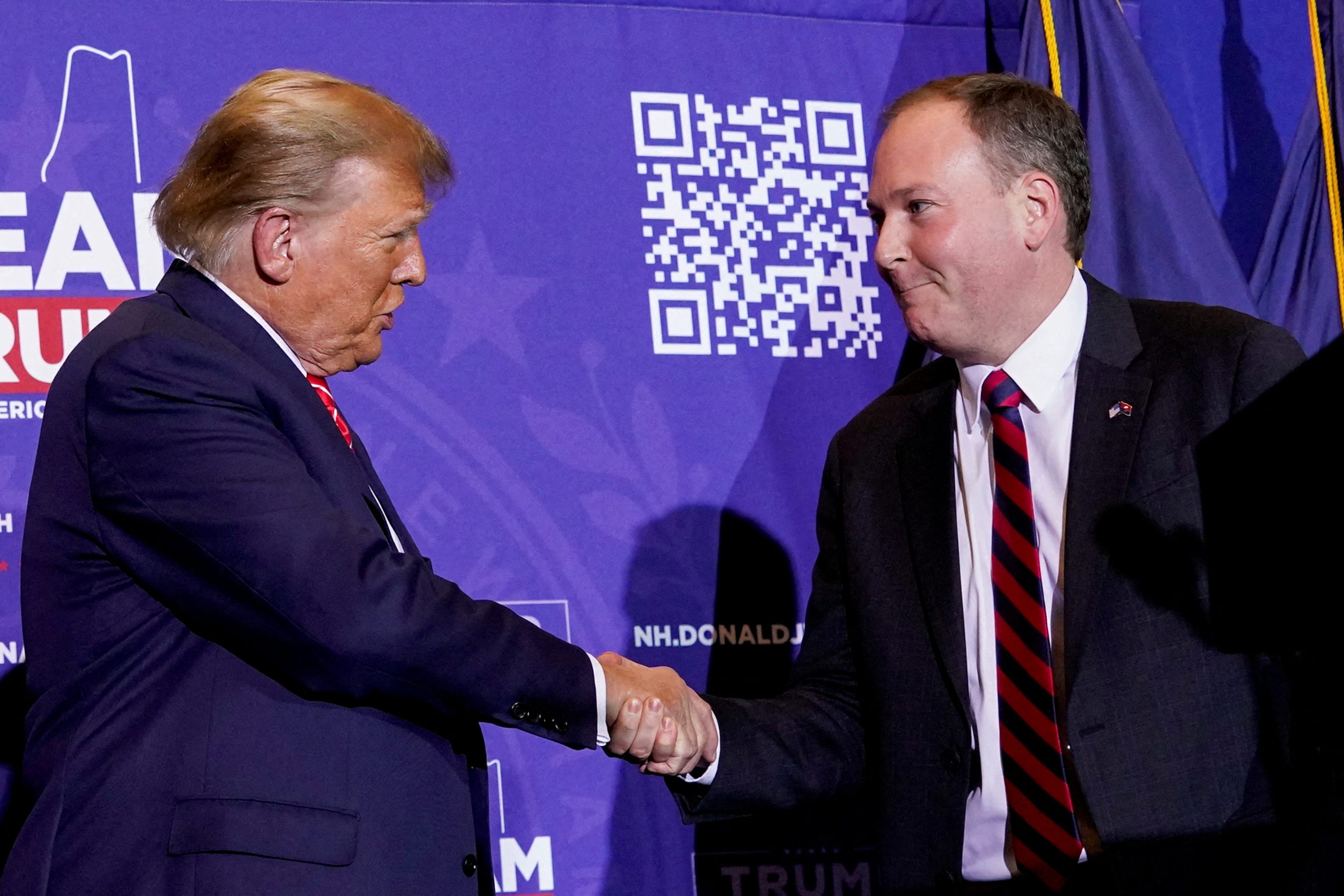In a stunning shift that has political analysts buzzing and Washington insiders on edge, Russian President Vladimir Putin has refused to offer the expected congratulations to President-elect Donald Trump, a move that signals a possible new chapter in U.S.-Russia relations. Kremlin spokesperson Dmitry Peskov made the jaw-dropping announcement shortly after Trump claimed victory, explaining that Putin has “no plans” for the usual diplomatic nod, throwing the established norms of superpower diplomacy into question.
Peskov didn’t mince words in explaining Putin’s stance, citing the strained ties between Moscow and Washington as a key reason for the cold shoulder. The spokesperson pointed directly at the U.S.’s involvement in the Ukraine conflict, labeling America as an “unfriendly country” – a term that rings with the weight of deep-seated Russian frustration over what it views as U.S. encroachment on its sphere of influence.
Yet in a tantalizing twist, Peskov added a line that has sent foreign policy experts scrambling to decode the Kremlin’s next move. Despite Putin’s silence, Russia is still “open to dialogue,” according to Peskov. The olive branch, though subtle, hints at a potential path forward—one that hinges on the actions of Trump and his incoming administration. It’s a complex diplomatic dance that experts say could sway from icy confrontation to tentative cooperation, depending on Trump’s early moves in office.
Analysts are dissecting this statement as a possible signal that Putin is holding back in anticipation of seeing if Trump’s victory translates to policy shifts that might thaw the long-frozen relations between the two superpowers. And while Trump’s 2016 presidency was marked by speculation of a warm rapport with Moscow, this new silence from Putin leaves many wondering whether the Kremlin’s perspective has shifted during Trump’s absence from the political stage.
The timing of Putin’s decision to withhold congratulations adds fuel to an already burning fire. Russia has, for years, been at odds with the U.S. over a range of geopolitical issues, from sanctions to NATO’s eastward expansion. In declining to publicly endorse Trump’s win, Putin may be sending a message: Russia will not roll over or return to the tentative friendliness of 2016 without concrete steps from the U.S.
Peskov’s statement, however, seems to offer a sliver of hope, a potential path toward talks if Trump is willing to tread carefully. Experts say the Kremlin’s guarded openness to dialogue could be a tactical move, leveraging the ambiguity to probe Trump’s intentions before laying down its own cards. Any future interactions will likely be transactional, steeped in the calculations of two leaders navigating a web of high-stakes issues, from cybersecurity to global alliances.
What’s clear is that Putin’s silence is more than a diplomatic slight; it’s a pointed reminder that in the world of international politics, respect and recognition are earned, not given. And as Trump prepares to step into his role as President-elect, the spotlight shines brightly on his next moves. Will he embrace the potential for renewed cooperation, or will the Kremlin’s icy silence deepen into a new Cold War-era chill?








